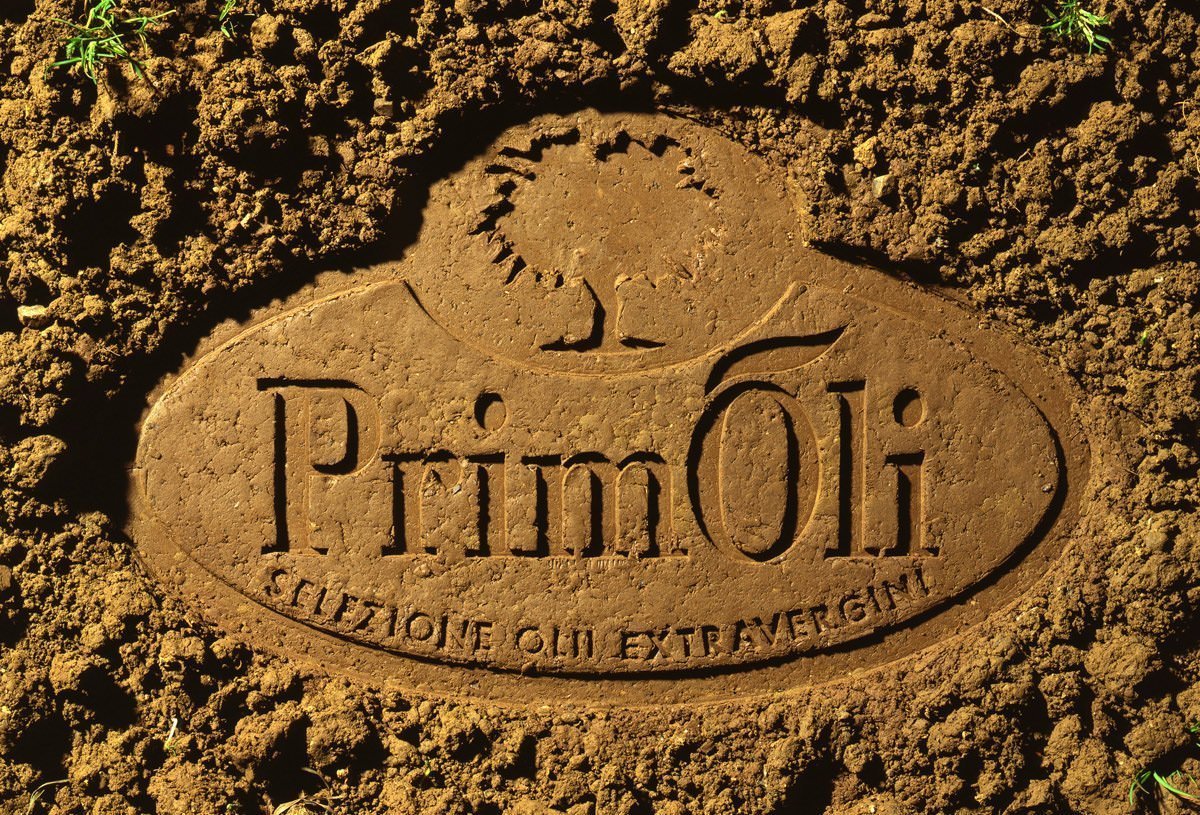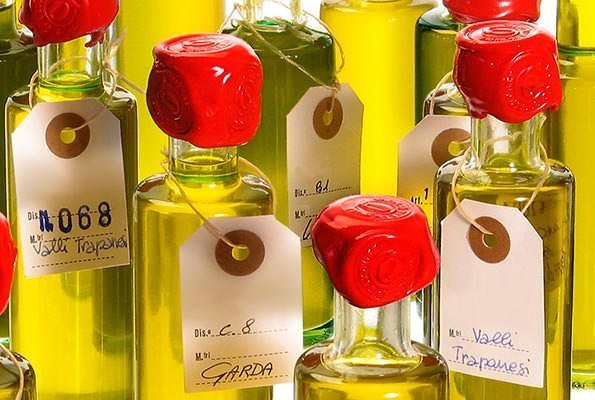Oil According to PrimOli
Artisan Oil
There has been a rapid evolution in styles of food in recent years, with a growing focus on the various attributes that help define the quality of a product in terms of its “typical character”. The consumption of products with a widely approved taste is now increasingly accompanied by the consumption of products with a particular identity.
Certain products such as wine, extra virgin olive oil, coffee or chocolate, where the origin of the raw ingredients plays a very important role, are regarded not just as a way of pleasing the palate but also as an opportunity for knowledge and experience. It is a new philosophy of pleasure, a combination of the senses and the intellect, which encourages the discerning consumer to embark on a real journey of discovery.
PrimOli decided to embrace this philosophy right from the start, by taking lovers of “gourmet products” on a journey to explore artisan olive oil.
An extra virgin olive oil can only be described as “artisan” if it has a story behind it, including the culture and skills of its place of production and a close bond with a particular area: in a word, its own “identity”.
There are many factors that give an oil its unique and distinct identity. They include environmental aspects (the type of soil, the climate), and agronomic factors (the period and method of harvesting). However, the most important aspect is the olive variety, adapted over the years to each particular area, and combined with local traditions and knowledge.
On the other hand, the organoleptic properties of extra virgin oils sold by the main consumer brands have been “calibrated” and standardised to suit the tastes of the average consumer. To achieve this result, the olive oil industry relies on the practice of “blending”, using extra virgin oils from various different origins. This does not mean that a mass-market oil is not a quality product, or that we should demonise the practice of blending. However, unlike an extra virgin oil of single origin, its quality is not an expression of its “typical character”.
In this respect, Italy is a mosaic of precious “terroirs” dedicated to the production of artisan extra virgin oils, which express their special character through a wide range of subtle aromas. These include freshly cut grass, almonds, artichokes, green leaves and tomatoes, but also many other nuances that encourage one to try out different combinations.
Oils from different olive varieties can be as dissimilar as wines from different grape varieties. For example, Ligurian oil made from Taggiasca olives has a light fruity flavour with a hint of sweetness, while the typical oil of central Tuscany has a pungent, herbaceous taste. Sicilian oils are fragrant and aromatic, while the common feature of oil from northern Puglia is a hint of bitterness, a typical aspect of the Coratina cultivar.
These unique oils are now protected by a host of PDO and PGI certifications, and can be found almost all over Italy.
There has been a rapid evolution in styles of food in recent years, with a growing focus on the various attributes that help define the quality of a product in terms of its “typical character”. The consumption of products with a widely approved taste is now increasingly accompanied by the consumption of products with a particular identity.
Certain products such as wine, extra virgin olive oil, coffee or chocolate, where the origin of the raw ingredients plays a very important role, are regarded not just as a way of pleasing the palate but also as an opportunity for knowledge and experience. It is a new philosophy of pleasure, a combination of the senses and the intellect, which encourages the discerning consumer to embark on a real journey of discovery.
PrimOli decided to embrace this philosophy right from the start, by taking lovers of “gourmet products” on a journey to explore artisan olive oil.
An extra virgin olive oil can only be described as “artisan” if it has a story behind it, including the culture and skills of its place of production and a close bond with a particular area: in a word, its own “identity”.
There are many factors that give an oil its unique and distinct identity. They include environmental aspects (the type of soil, the climate), and agronomic factors (the period and method of harvesting). However, the most important aspect is the olive variety, adapted over the years to each particular area, and combined with local traditions and knowledge.
On the other hand, the organoleptic properties of extra virgin oils sold by the main consumer brands have been “calibrated” and standardised to suit the tastes of the average consumer. To achieve this result, the olive oil industry relies on the practice of “blending”, using extra virgin oils from various different origins. This does not mean that a mass-market oil is not a quality product, or that we should demonise the practice of blending. However, unlike an extra virgin oil of single origin, its quality is not an expression of its “typical character”.
In this respect, Italy is a mosaic of precious “terroirs” dedicated to the production of artisan extra virgin oils, which express their special character through a wide range of subtle aromas. These include freshly cut grass, almonds, artichokes, green leaves and tomatoes, but also many other nuances that encourage one to try out different combinations.
Oils from different olive varieties can be as dissimilar as wines from different grape varieties. For example, Ligurian oil made from Taggiasca olives has a light fruity flavour with a hint of sweetness, while the typical oil of central Tuscany has a pungent, herbaceous taste. Sicilian oils are fragrant and aromatic, while the common feature of oil from northern Puglia is a hint of bitterness, a typical aspect of the Coratina cultivar.
These unique oils are now protected by a host of PDO and PGI certifications, and can be found almost all over Italy.
Our inspiration
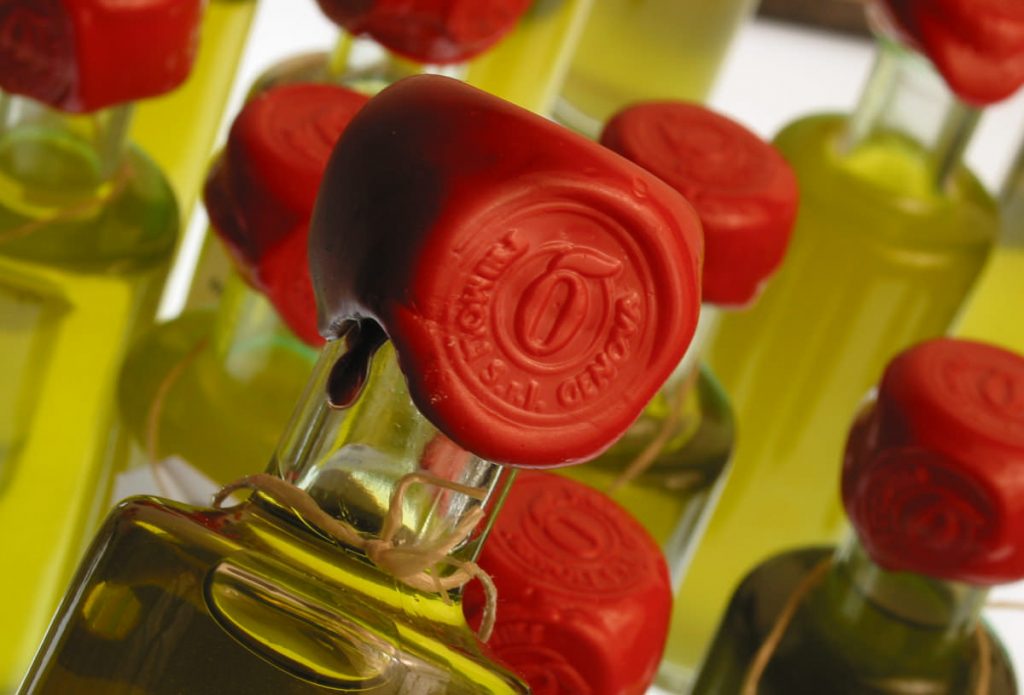
mission
To spread awareness of Italian artisan olive oils proudly highlighting their uniqueness.
To connect consumers with the areas where artisan olive oils are produced, highlighting their rich regional heritage.
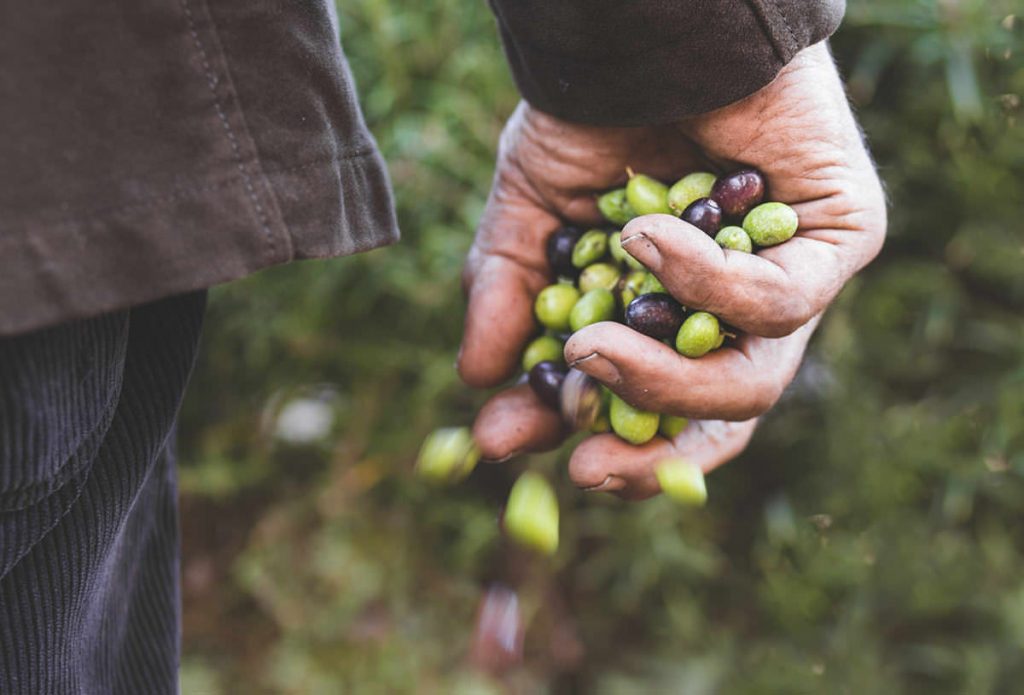
Vision
To take connoisseurs of gourmet products on an experiential journey of discovery, also focusing on historical and cultural elements that make up the identity of an artisan olive oil.
To gratify the tastes of all fine food lovers.
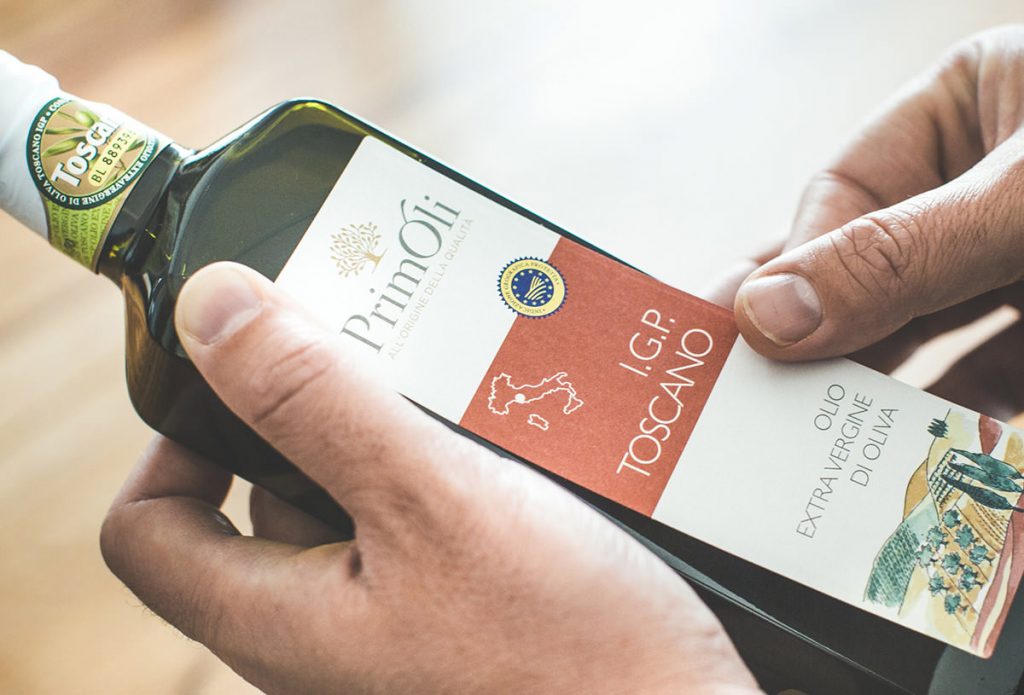
Values
Beauty. As an expression of Italian taste: balance and harmony engaging the senses.
Done well. Achieved through a process where passion and experience go hand in hand with commitment and responsibility.
PrimOli means market innovation
The PrimOli Project began in 1988 thanks to an intuition: the extra virgin olive oil market was ready to welcome more refined consumers. Consumers aware that, as with wine, the organoleptic profile of an artisan olive oil is rooted in a combination of agronomic factors that are part of local tradition and expertise, a concept known as “typicity”. A couple of decades ago those seeking to experience the delights of tasting an extra virgin olive oil, whose flavour reflects its “terroir”, had no alternative but to buy directly from local producers.
Away from the production areas, all extra virgin olive oils on the market almost had the same taste, in particular those found in supermarkets, where the customer’s only choice was limited to “fruity”, “intense” or “delicate”.
PrimOli seized this opportunity and decided to innovate the market with a large scale launch of a new range of extra virgin olive oils produced and bottled in Italy’s finest olive-growing areas.
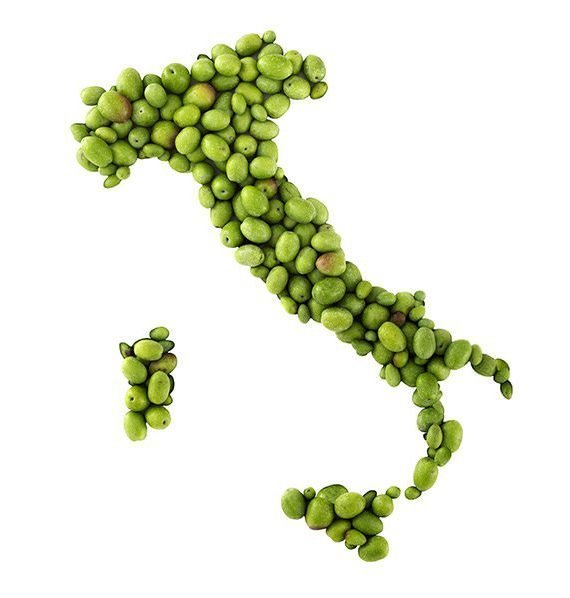
A key step in the development of this Project was establishing direct and lasting relationships with a network of producers. Those relationships continue to be one of the company’s greatest assets.
PrimOli has always been ahead of its time.
During its first years of operation, PrimOli had already anticipated EU regulations on PDO and PGI olive oils, obviously complying to them as soon as they came into operation.
In just a few years, PrimOli has successfully come to play a central role between producers and an international market that is increasingly interested in fine Italian food products, continuing today to be driving force for this growing niche market.
